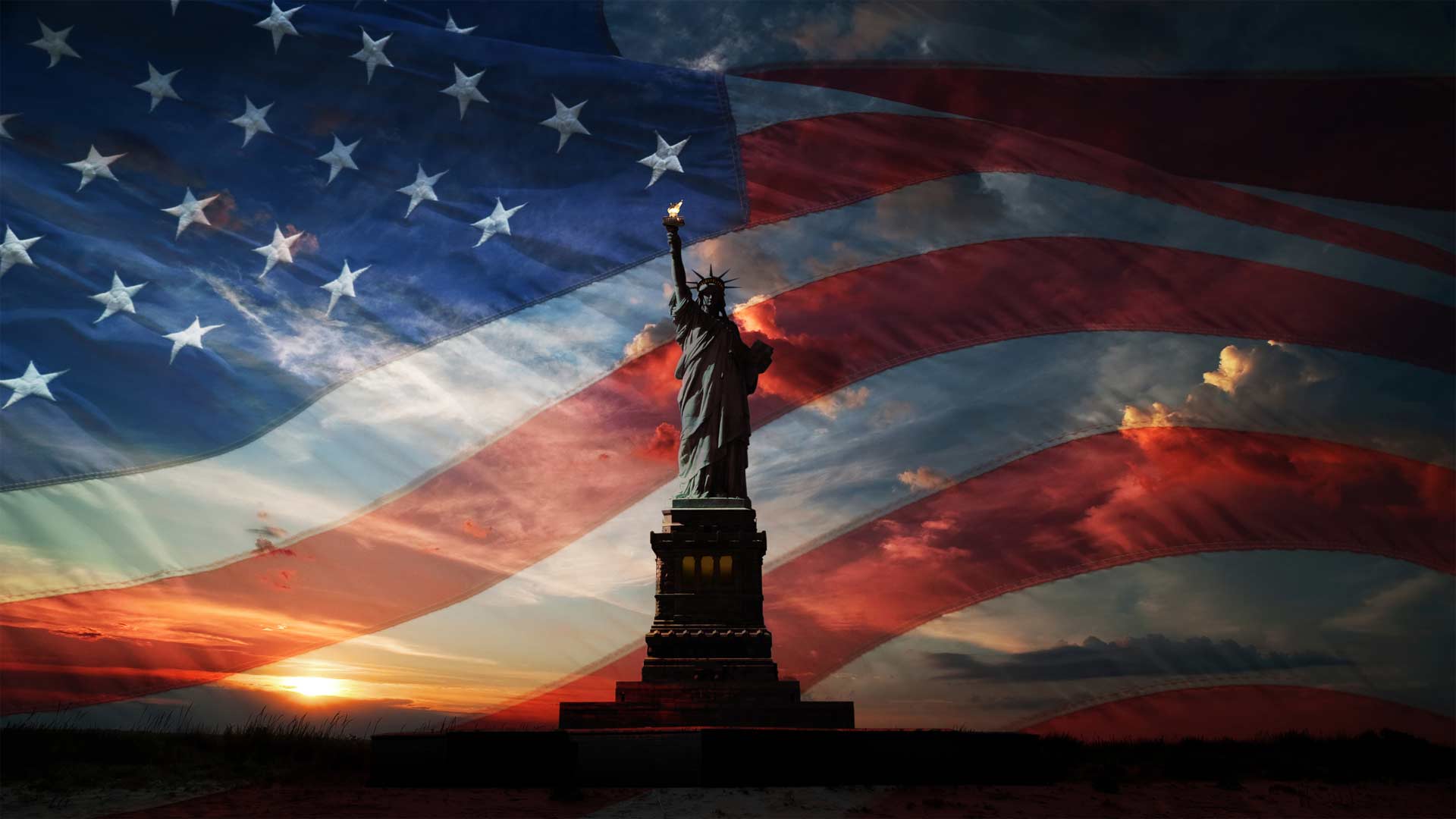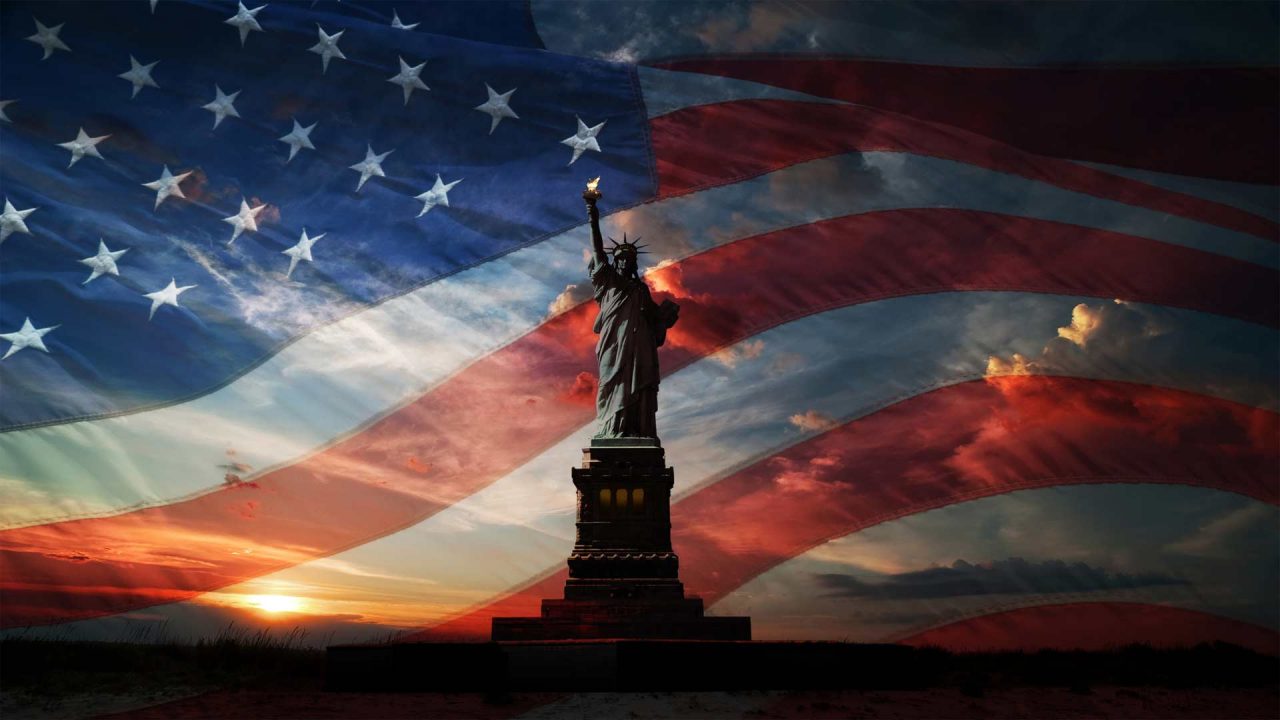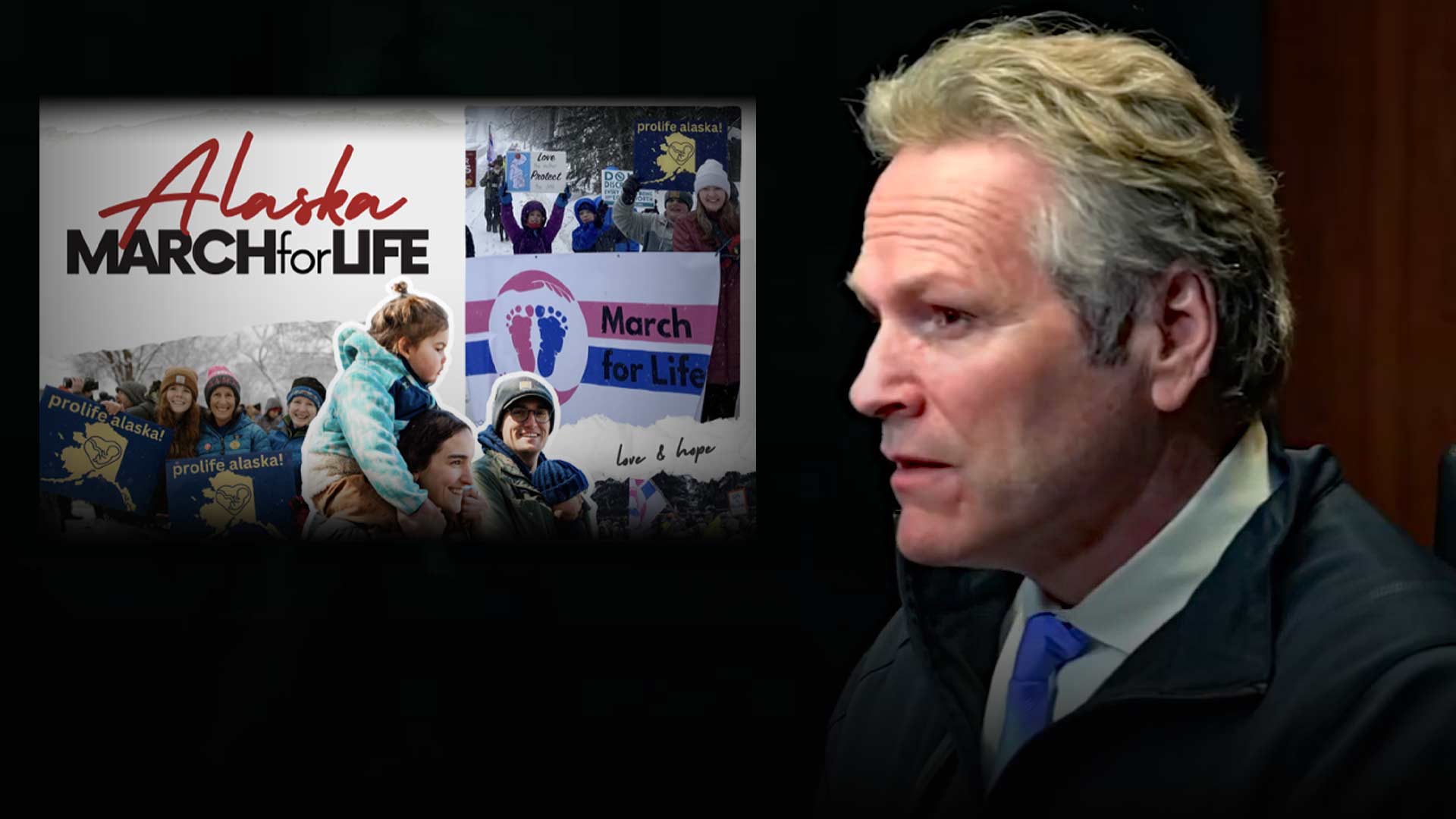
Editor’s note: This is the second of two columns in defense of the Electoral College system of electing a president. Read part one here.
The 1960 World Series was one of the greatest of all time. If you are not a baseball fan, the Pittsburgh Pirates defeated the New York Yankees four games to three. A so-called “Walk-Off Home Run” by Bill Mazeroski in the bottom of the ninth inning of Game 7 won the game – and the series – for the Pirates, who were outscored by the Yankees 55-27, more than a 2 to1 margin.
The Yankees did not pout that the series was unfair by virtue of their outscoring the Pirates. The rules were established: win four games to be World Champion. Winning a game 3-2, 10-9 or 6-4 is just as valuable as 10-0, 12-0 or 16-3.
In selecting the president, a candidate must win 270 electoral votes. There is not “a” presidential election, but rather 51 different ones, which reflect the cultural, political and economic differences from one part of the country to another. The overall popular vote is merely a curiosity and of no significance.
An individual’s personal impact in a presidential election is far more significant through a state-to-state method than an overall national total.
But why not use the popular vote? After all, it’s more “democratic”.
Yes, it certainly is, which is why the Founding Fathers wanted nothing to do with that idea. We are a republic, where states’ rights are the true counterforce in the “balance of power” over the changing fickleness of popular opinion, which is what a democracy actually is. This balance is in contrast to what most citizens mistakenly believe is between the legislative, executive and judicial branches. In the Constitution, the states were to yield their sovereignty only in the area of foreign policy and commerce, not in their individual cultural and social nuances.
Think of the election of 2000, where George Bush defeated Al Gore by 271-266. It all came down to Florida, which Bush “won” by about 250 votes. If you want your vote to count, really count to make a difference, consider those votes having gone to Gore’s 500,000+ overall popular vote. What difference would it have made? None. But if reversed in Florida, Gore would have won the election. Thus, an individual’s personal impact in a presidential election is far more significant through a state-to-state method than an overall national total.
The Electoral College system is a hidden and underrated gem. It’s no wonder the Democrats detest it.
By the way, Gore’s total was expected to be 267, but an elector in the District of Columbia thought that Gore “Was not Green enough” (imagine that!) and withheld her vote, a so-called “faithless elector,” but a vote which would have unquestionably gone to him if it was necessary.
Small, rural states are generally passed over in the current method but would be even more so in a national popular vote system. All the money, campaigning and attention would be poured into urbanized states with enormous metro cities along the coasts and Great Lakes. New York, Baltimore, Boston, Chicago, Houston, Miami, Detroit, Cleveland, Los Angeles, San Francisco, Dallas, Atlanta, Philadelphia, Seattle, Portland would be actually electing the president.
States such as Alaska, Utah, Montana, Wyoming, the Dakotas, Idaho, Nebraska, Kansas, Oklahoma, Kentucky, Indiana, Tennessee would be virtually reduced to insignificance because of their sparsely populated, and generally rural, small-town culture, where religion, family and productivity are the norm. This contrasts with the victim-oriented, racially charged, welfare-supported and religiously plural cultures of the allegedly more sophisticated urbanized states.
ALASKA WATCHMAN DIRECT TO YOUR INBOX
This contrast is obvious when one even looks at each of the counties’ presidential results in supposedly “safe” Democratic states like New York, Washington, Oregon and Illinois. Outside of the metro areas, conservative values reign supreme.
If improvements were to be made, getting the District of Columbia off the charts by repealing the 23rd amendment might be a start. Also using the “split-state” system by congressional district or even an automatic electoral tally would be preferable to a national popular vote.
The Electoral College system is a hidden and underrated gem. It’s no wonder the Democrats detest it.
The writer was a candidate for U.S. Senate in 1990 and 2008, is a 44-year Alaskan, a retired public school teacher and currently a radio talk-show host of The Bird’s Eye View on KSRM in Kenai. He is also a longtime parishioner at Our Lady of the Angels Catholic Church in Kenai.
The views expressed here do not necessarily express those of the Alaska Watchman.






